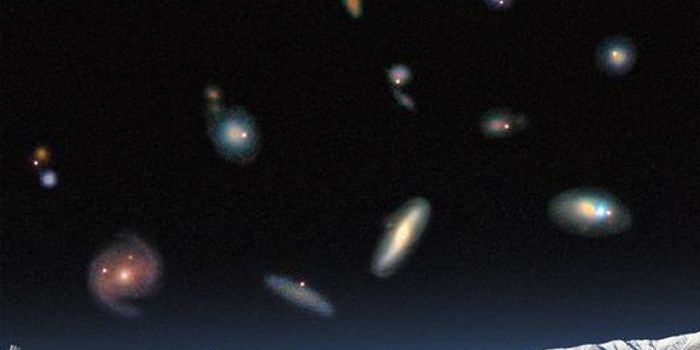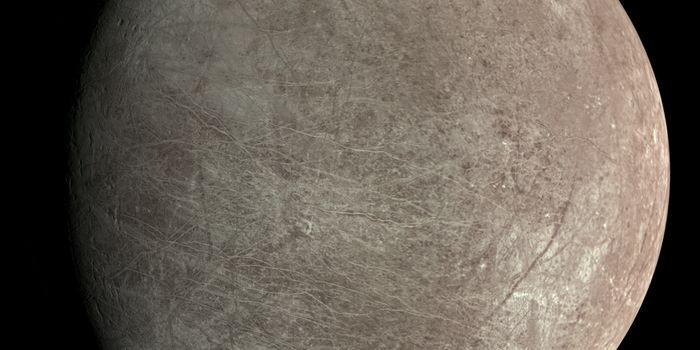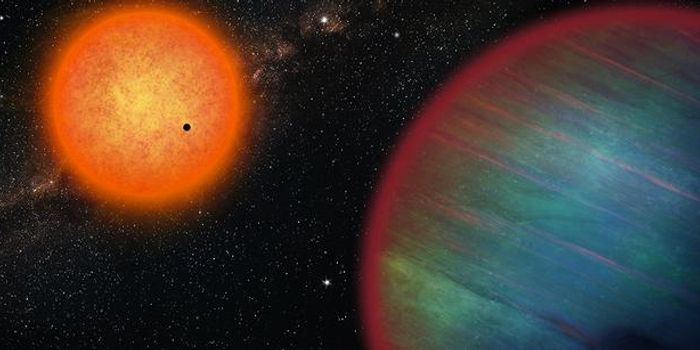Jupiter's Moon Europa May Have an Earth-Like Ocean Chemistry
There is a never-ending search for extraterrestrial life in our universe, but the best place to look right now is within our own Solar System, where we have the means to reach and observe objects up close.
One particular place of interest is one of Jupiter’s moons, better known by the name of Europa. It has oceans that are thought to be possible hosts for life forms, but new evidence supports the theory more than ever before.
NASA recently explained in a statement that Europa has Earth-like ocean chemistry, noting that the water doesn’t have any hydrothermal activity like the Earth does, but the chemical composition is very similar.
The findings are published in the Geophysical Research Letters.
The moon is very icy at the top, but there is evidence to support the idea that just underneath the ice surface is an ocean of liquid that could be very much inhabitable.
"We're studying an alien ocean using methods developed to understand the movement of energy and nutrients in Earth's own systems,” said Steve Vance, a planetary scientist at JPL and a lead author of the study. “The cycling of oxygen and hydrogen in Europa's ocean will be a major driver for Europa's ocean chemistry and any life there, just as it is on Earth."
Underneath the liquid oceans found under Europa’s icy surface would be solid rock, which would chemically react with the sea water via serpentinization, which is a process where new minerals are formed and hydrogen is produced as water slowly seeps into mineral grains.
In addition, radiation from Jupiter reflecting the Sun’s rays may be causing the icy surface of Europa to cycle back into the liquid ocean. This includes oxidation molecules that are produced by melting the ice, and these molecules, combined with those of hydrogen produced from the process discussed above, creates a potential environment for life.
"The oxidants from the ice are like the positive terminal of a battery, and the chemicals from the seafloor, called reductants, are like the negative terminal. Whether or not life and biological processes complete the circuit is part of what motivates our exploration of Europa," said Kevin Hand, another planetary scientist from JPL, and co-author of the study.
The life in Earth’s oceans takes advantage of the unique chemical balances in our oceans to survive, and if Europa’s under-surface ocean is in any way similar to Earth’s, then it would be a jumping board for life to exist.
Does life exist on Europa? No one knows… yet... but some day we might.
Source: NASA









